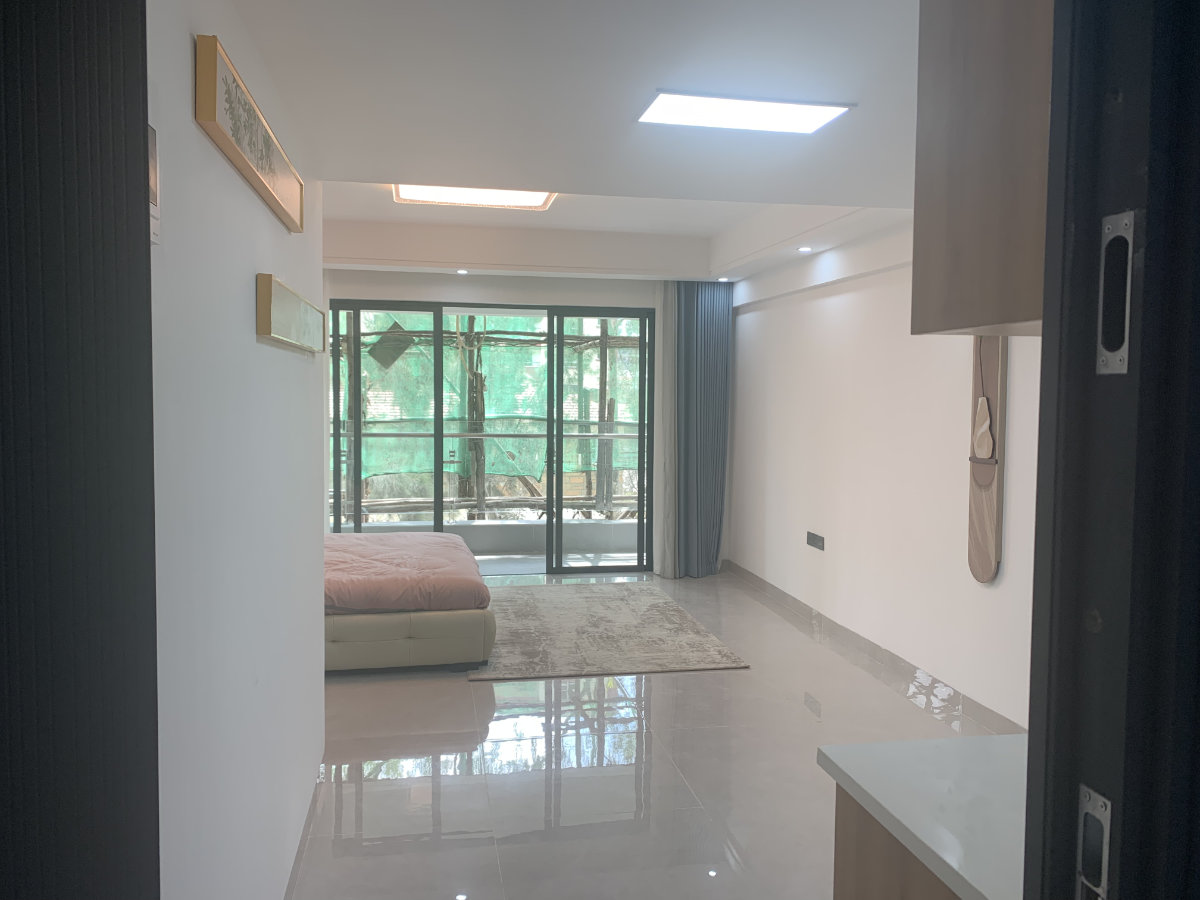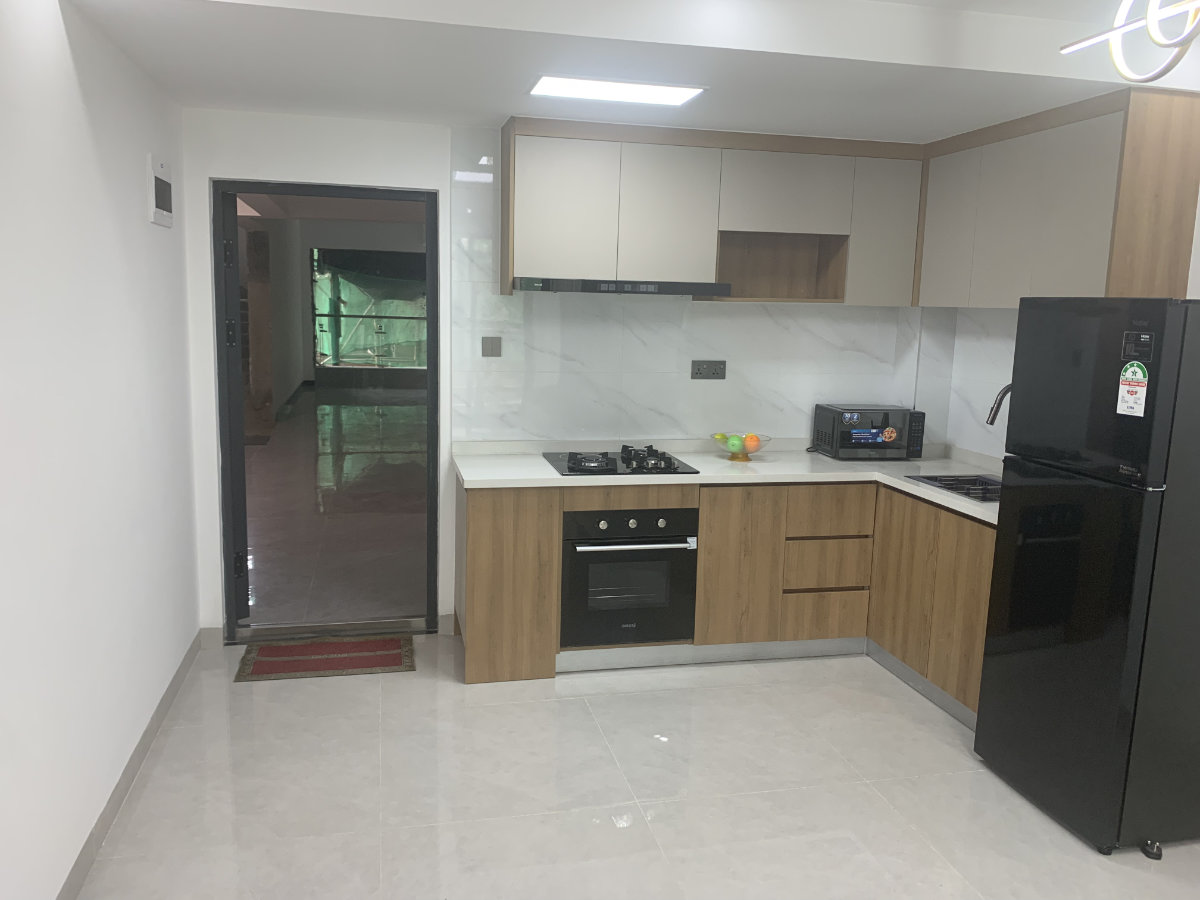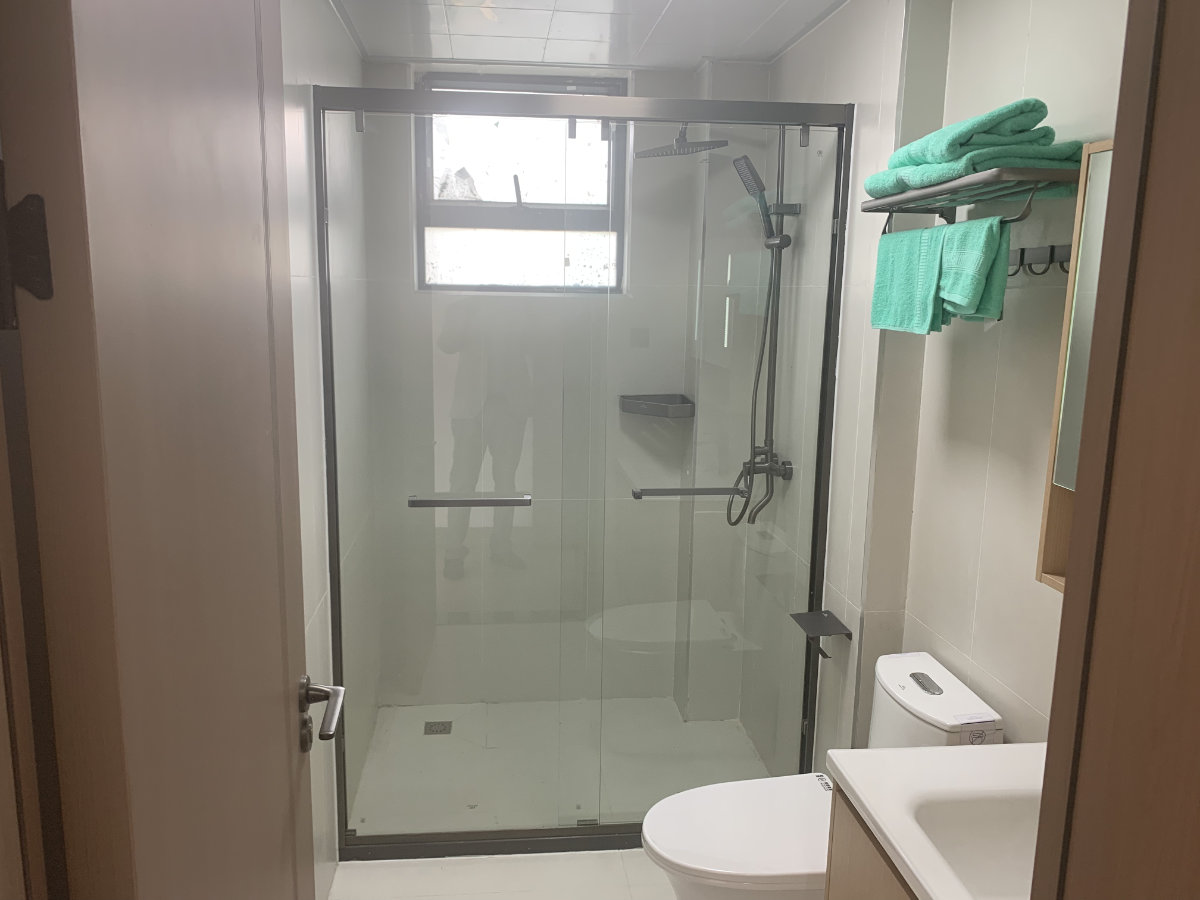The Ultimate Guide to Selling Your Home in Kenya
Selling a home isn’t an easy task. There’s the pressure of getting the price right and the legal steps that always seem to take longer than they should. While there is plenty of advice out there, most of it assumes you already know how the system works. If this is your first time selling or your first time doing it in Kenya, it’s normal to have questions.
We have written this to help homeowners in Nairobi and the towns around it. We’ll walk through every stage of the process, such as how to prepare your home, what price to set, and where to list it. We’ll talk through how the legal side works and what to watch out for when things start moving.
You could be selling to free up cash, or you are relocating. Whatever the reason, selling is a big decision.
Let’s start with the big picture and work our way in.
Understanding the Kenyan Real Estate Market
Take a moment to look at what’s happening in the market right now, as over the past year, things have shifted quite a bit in Kenya’s property scene. That shift might influence how quickly your home sells or the types of offers you’ll see.
In 2024, house prices in Kenya dropped by around 14%. Buyers are now more careful, especially with older homes or ones that need work.
But land values in places like Kitengela and Thika are on the rise. That’s mostly down to new roads and development plans in those areas.
If demand is slow, pricing too high could leave your home sitting for ages. On the other hand, if your property is in a good area and looks well-kept, then there is a chance to attract serious buyers.
We’ve noticed that buyer interest tends to pick up after the December holidays or when people feel good about the economy. So keep an eye out for those times.
Preparing Your Home for Sale
Buyers in Kenya often make up their minds quickly. If a property feels neglected or cramped, they’ll move on to the next one. Preparing your home properly gives you a better chance at serious interest and stronger offers.
Make Your Home Neutral
Before listing your home, clear out anything that distracts or makes the space feel personal.
- Put away family photos or any religious wall art.
- Clear away countertops and shelves.
- Hide any mismatched furniture to make rooms feel more spacious.
In Kenya, homes often feature bold colours or strong personal touches. This can be a barrier if the buyer doesn’t share the same taste.
Clean and Repair What Stands Out
Buyers will notice the things you no longer see.
- Deep clean all the rooms.
- Fix things like loose handles and leaking taps.
- Repaint or touch up any damaged walls.
Even small fixes can help. Swap a rusty light fitting or tidy up the front gate. It all adds up.
Don’t Forget The Outside
- Don’t ignore the compound or balcony.
- Sweep the driveway.
- Trim grass and hedges.
- Add a few fresh potted plants or flowers.
Curb appeal matters even more in a market where many buyers drive past before they decide to pick up the phone.
Show It All Off
Stage your lounge and bedrooms so buyers don’t need to guess what’s what. If your house has a garden or rooftop space, open it up. Let the light in. Set up a simple sitting area that buyers can picture using.
If you’re listing a house for sale in Nairobi, outdoor spaces often make the difference.
People love their outdoor spaces, and in Nairobi’s climate, they are a major plus.
Pricing Your Property Right
When you set your asking price, it sets the tone for the entire sale. If you price it too high, serious buyers will scroll past. Price it too low, and you risk underselling what it’s worth. Getting it right takes a bit of homework and a bit of honesty. We can help you with all of this.
Check what similar homes near you have actually sold for. You’ll get a clear idea of what buyers are willing to pay right now. Prices have dropped by about 14% over the past year, so expectations have shifted.
You may want to price it high just to see, but that often backfires. Buyers are more cautious now, especially around Nairobi, and they’ve usually done their homework before booking a viewing.
If you’re not sure what that number is, we will help you. A local agent or valuer can give you a fair estimate. They might also suggest a strategy, such as leaving room to negotiate.
To understand title implications that may affect value, you can also refer to our guide on freehold vs leasehold.
If your sale is time-sensitive, that might also guide your pricing. A quick deal often depends more on being reasonable than holding out for a top number. A fair price draws attention, but the right price gets offers. We have put together a full guide on how to value your property in Kenya.
Marketing and Advertising Strategy
Once your home is looking good and priced fairly, you need the right eyes on it. That’s where your marketing comes in.
In Nairobi, buyers have choices. And they’re quick to scroll past anything that doesn’t grab them. So how your listing looks and where it shows up can make all the difference.
Here are a few tips from us on how to get the word out in a way that works:
Find a Trusted Real Estate Agent
Selling a home comes with decisions that are easier when you have someone guiding you through the process. A trusted agent gives you more than just a listing. We work closely with sellers to prepare their homes, arrange professional photos, and share the listings in the right places.
We also highlight properties like apartments for sale in Nairobi in a way that stands out to serious buyers.
We build a plan that puts your property in front of the right people at the right time, targeting serious buyers based on where they’re looking and how they’re searching. Many of them respond well to short walk-through videos shared on WhatsApp or posted on Instagram.
If your home has strong features, we may suggest a 3D tour. This gives buyers a clear sense of the space and can increase their confidence before they visit.
We do everything else as well, such as writing the content and testing what gets results.
Don’t Skip The Basics
A traditional for-sale sign still works, especially in estates and gated communities. It lets neighbours know, and someone nearby might know a buyer. Local noticeboards or community centres can also help reach people who aren’t online much.
Use Your Network
In Kenya, word of mouth still works. Let your friends and family know that your home is for sale. They might even recommend it to someone looking for a house for sale in Nairobi.
If you’re planning an open house, we can help with the setup and feedback. This input can be helpful when deciding what to tweak before your next viewing.
Every home is different, and what works for one property in Kilimani might not work in Kitengela. That’s why we help you with your marketing to fit your location and price point. This way, you don’t waste time chasing the wrong audience.
Best Time to Sell a House in Kenya
The strongest window to sell is between November and January. Many Kenyans return home with savings and want to invest before heading back abroad. It’s also when families look to move before the start of the school year.
In some areas, timing is even more crucial. Homes in Kilimani, Ridgeways, or Loresho often sell faster when listings are low and demand is steady. This is what we call a seller’s market.
We can help you read the signs and avoid listing at the wrong time.
Legal Process and Documentation
Selling a home in Kenya comes with paperwork (and lots of it). If you’re not ready for the legal side, things can stall fast. If you miss a form or delay one clearance, an easy deal suddenly turns into a long wait.
To help you stay one step ahead, here’s what the process usually involves, but we have also written a more detailed guide on the legal process of selling property in Kenya.
1. Get an Advocate Involved Early
It’s sensible to bring in a qualified real estate advocate or conveyancer before you even find a buyer. They’ll check that your documents are in order and carry out any due diligence through to completion.
2. Prepare Your Documents
You’ll need:
- The original Title Deed or Certificate of Lease
- Your national ID or passport
- KRA PIN certificate
- If you’re married, a spousal consent affidavit
- Building plans and survey maps (if available)
3. Draft the Sale Agreement
Once a buyer is ready, your advocate drafts the agreement, including price, payment schedule, and terms. A 10% deposit is typical. Never sign a transfer form or release the title until the full payment has cleared into your account.
4. Complete Due Diligence and Clearances
The buyer’s side will confirm ownership and check for charges. You’ll need to get:
- A Rates Clearance Certificate from your county
- Land Rent Clearance (for leasehold titles)
- Consent from the Land Control Board if the land is agricultural
5. Title Transfer and Taxes
The buyer pays the balance and settles the stamp duty. You then handle Capital Gains Tax, currently set at 15% of the net gain.
6. Handover
Once the Land Office updates the records, the title changes hands. You hand over the keys and documents. Ask both parties to sign a completion note before you hand over the keys.
If you’re unsure at any point, we can connect you with an advocate or walk you through the paperwork.
Negotiating Offers and Closing the Deal
Once buyers start showing interest, the real turning point is when those first offers land. This is where deals are made, or lost. Being prepared makes all the difference.
1. Know Your Bottom Line
Before any viewings or calls, decide the lowest figure you’re willing to accept. It gives you a clear anchor when things get serious. We recommend setting this privately with your advocate or agent, so you’re not guessing mid-negotiation.
2. Stay Calm And Listen
Some buyers will point out flaws or compare your home to cheaper ones. That can sting, but try to stay calm and listen. They might be open to changes in timing or payment that help you both without lowering your price.
3. Explain Your Home’s Value
If your home has extras such as solar panels or extra parking, make sure you mention them.
4. Be Willing to be Flexible
If an offer comes in slightly below the asking price, a small concession on handover timing or conditions can help seal the deal. Buyers often need that bit of reassurance that the process won’t be difficult. If the offer is too low and you’ve priced reasonably, then you are within reason to hold your ground.
5. Let Your Agent or Advocate Lead
Negotiation can get emotional, but we and your advocate are there to keep it transparent and documented. Don’t accept terms over the phone without a written follow-up. Never hand over the title until the full payment is received in your account, preferably through an escrow or advocate’s account.
Handover and Final Steps
Once you complete the sale, there are still some things you need to do.
Start with the handover. This involves passing over all keys, alarm or gate codes, and anything else the new owner should know, like appliance manuals or the caretaker’s number if you lived in an apartment. It’s also helpful to leave a short list of contacts that they might need.
Make sure all your bills are settled, including electricity, water, and service charges, and keep the receipts. Take meter readings at handover and notify providers. Cancel or transfer your home insurance if you have one.
Then tie up the legal end. Your advocate should confirm the title has been officially transferred. You’ll also need to file your Capital Gains Tax (CGT) return with KRA, usually within 30 days. Even if you’re exempt, a nil return may still be required.
Final Thoughts
If you’re feeling stuck, Malluug Realty Kenya can help.
We’ll help you figure out what comes next and take the weight off your shoulders. Selling doesn’t have to be stressful.



